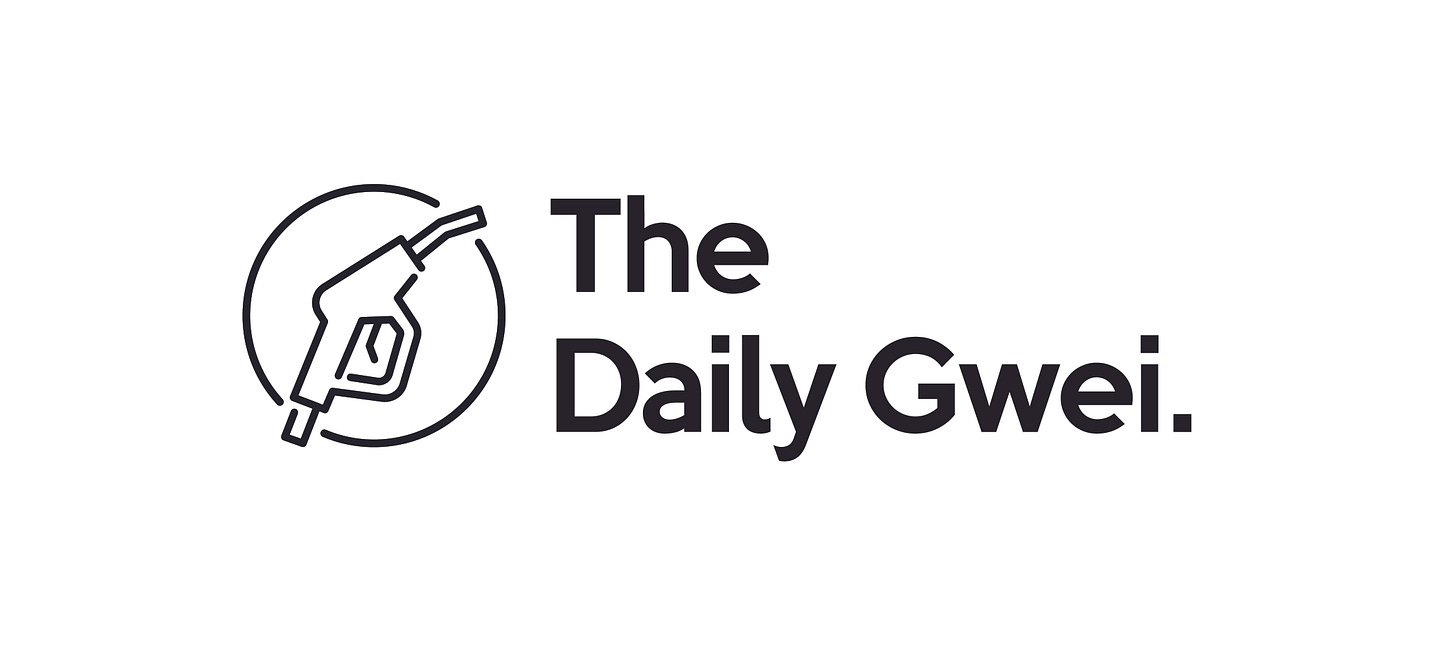“Who is the DAO hacker?” has been a prevailing question in the Ethereum community ever since the fateful day in 2016 when the original DAO contract was exploited. Now, crypto journalist Laura Shin claims to have uncovered the identity of The DAO hacker and posits that it’s Toby Hoenisch - an Austrian programmer who was also the co-founder and CEO of TenX. Obviously this is an explosive revelation, but it also revives the crypto-age old question: is code law?

There was a popular mantra in the Ethereum community during its early days known as “code is law” which basically stipulated that anything was fair game with smart contracts - even if it involved an exploit. This was actually one of the key arguments behind not performing the irregular state transition that took the DAO hackers ETH back and returned it to its rightful owners. Of course, this event caused a split in the community at the time and gave birth to Ethereum Classic which is the “original” Ethereum chain (at least, from a technical perspective).
Though from a social perspective (and every other perspective really), the Ethereum we all know and love today is the only Ethereum that matters. Ethereum Classic did have some small amount of support for quite a while but these days it’s mostly just a few stragglers maintaining the network with next to 0 actual activity on it (and it has also suffered plenty of 51% attacks). So, while Ethereum Classic may have respected the “code is law” mantra during the DAO attack, it lost the social legitimacy battle because most people did not align with the classic vision of “code is law”.
I’m waiting for the day that we have a high profile court case that really tests the “code is law” mantra in meatspace. I’m no legal expert, but from what I understand ‘intent’ plays a big part in cases involving hacking. I mean, if you go out of your way to exploit a bug in a smart contract with the explicit intent of stealing something that isn’t yours, I think that’s a pretty clear cut case of theft. Though on the other hand, could you argue that you were just using the system as it was designed aka “code is law”? I hope we get the answer to this question some day soon!
All in all, I’m not sure if anything will happen to Toby legally (or even if he’s actually the real DAO hacker), but I think at this point the Ethereum community has just moved on. There are so many other things to occupy our headspace these days and everyone effected by The DAO has either put the event out of their mind or are no longer involved with Ethereum. In any case, it’s still pretty fascinating to learn about the identity of such an infamous individual almost 6 years after the fact.
Have a great day everyone,
Anthony Sassano
Enjoyed today’s piece? I send out a fresh one every week day - be sure to subscribe to receive it in your inbox!
Join the Daily Gwei Ecosystem
All information presented above is for educational purposes only and should not be taken as investment advice.





As a lawyer for 35 years, code is not law. You can agree by contract to be governed by "code" or a legislature could make code law but without such agreement or legislation, code is not law. Moreover as the Indexed Finance case indicates, "code is law" advocates frequently decide that they need "Law" to be law. Even the DAO hacker threatened legal action (although not clear if it was the actual DAO hacker): http://trilema.com/2016/to-the-dao-and-the-ethereum-community-fuck-you/
Not sure if you're familiar with the Indexed Finance exploit from last year and the subsequent legal battle. But that's one case study for "code is law" potentially being trialed in Canadian courts pretty soon.